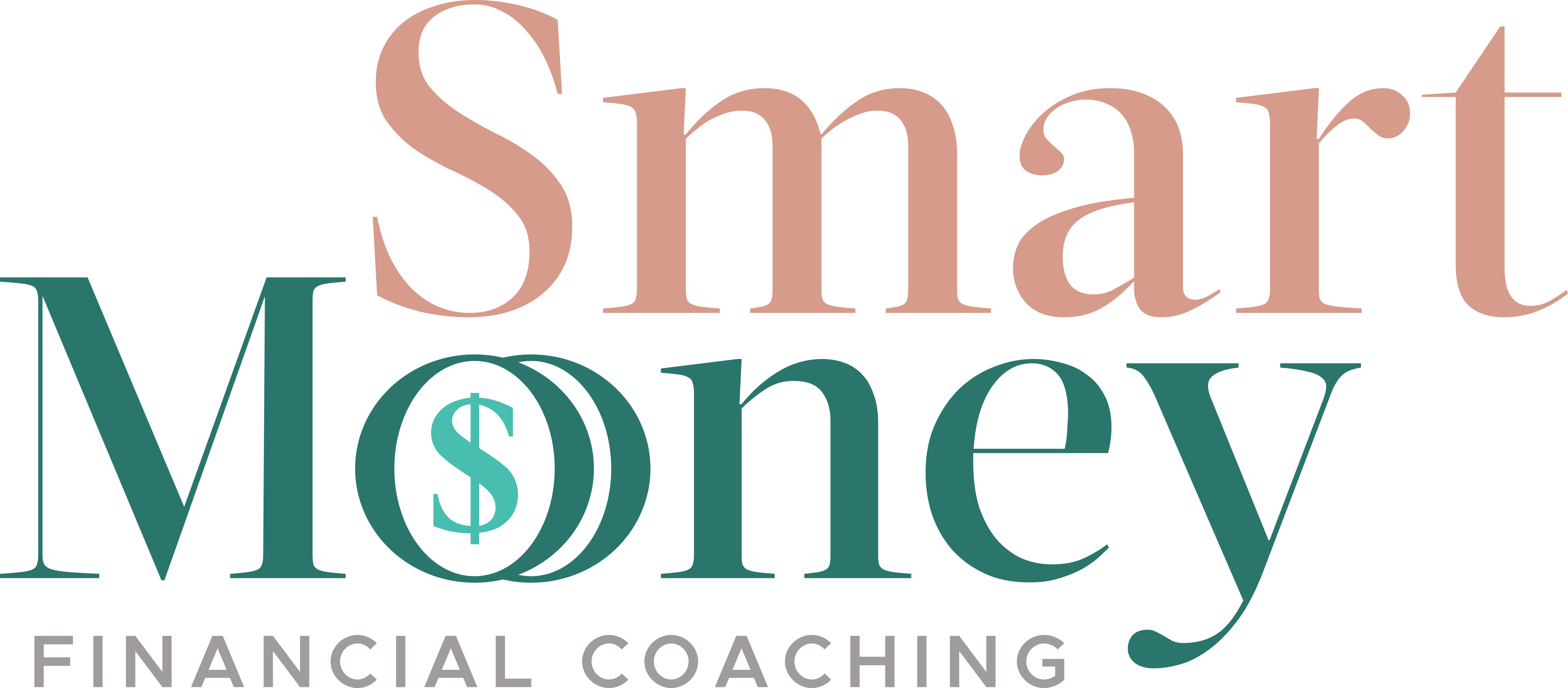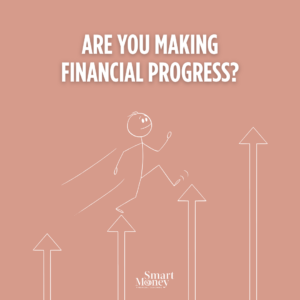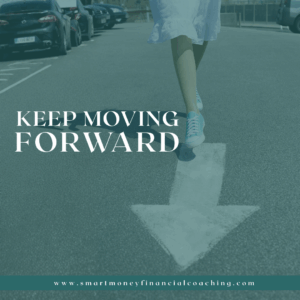In the past couple of months…
Have you found yourself taking a peek at job boards?
Are you quietly updating your LinkedIn profile and your resume?
Are you starting to feel that maybe you shouldn’t quiet quit, but really quit😂
Since your work life can have such a dramatic impact on your finances, I want to share my top five factors to consider if you are looking to switch jobs.
- Take a 10,000 ft view…
Your salary is just one piece of the puzzle. If you are offered a new position, consider everything that would impact your finances like bonuses, benefits and additional costs. Also, how will this impact your overall quality of life for you and your family? For example, does the job offer flexibility and the ability to work on a great team? Is your next job better suited to your financial and personal needs?
- Consider the overall Time Commitment of Each Job.
If you have a position that allows you to work remotely or one that would add a half hour to your commute, then factor that into your calculations. Long commutes can be taxing on your pocketbook and stress levels! Your time is valuable, and you want to consider that in your decision-making process.
- Will you have Upward Mobility?
Let’s say that you want to get a new job that pays more, you also need to consider the follow-on opportunities you will have in the company. Will this position help you to grow professionally and is there an opportunity to advance within the company?
- Carefully Review Employee Benefits.
In addition to Paid Time Off😎, make sure to factor in health insurance, dental and vision coverage, retirement plans, stock options, and other perks. Calculate the value of these benefits and factor them into your decision-making process.
- Start building a Cash Reserve!
If you are seriously considering a job change, you want to have a financial “buffer” in place to carry you through any disruptions you might have to your pay schedule. If you are on a paycheck-to-paycheck cycle, changing jobs might be scary, simply because your payment cadence may shift (i.e. going from weekly to monthly payments). You will bolster your confidence with a cash reserve on hand.
One of the best parts of my job is helping people to get financial stability, then helping them to see that they are not stuck at a job that makes them miserable.
Many times we stay in positions much longer than we should just because we are nervous about how to disrupt our finances. That is a shame, and with a little forethought, we can avoid staying stuck!
Are you thinking about changing jobs soon?








